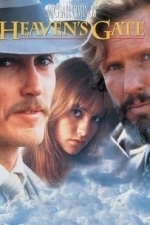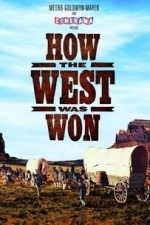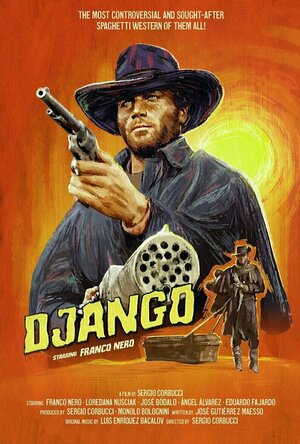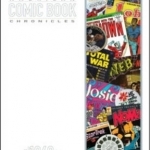
American Comic Book Chronicles: 1965-69
Jack Kirby, John Wells, Keith Dallas and Wally Wood
Book
* The American Comic Book Chronicles continues its ambitious series of full-color hardcovers where...
Andy K (10823 KP) rated Heaven's Gate (1980) in Movies
Sep 1, 2018
I'd say pretty darn well.
The essential story is a semi love triangle between a rich sheriff, a lawless brute and a prostitute/madam set against the American west in 1880s Wyoming. The story involves the decision by the government to kill anyone stealing cattle for their own purposes even if it is only to feed their starving family. (Kind of hard to explain). The main characters have to decide which side they are on for the slowly building eventual bloodbath standoff climax.
I had always heard about the film and it's extremes, including its length of almost 4 hours, but had not seen until today.
The movie does quite a bit right, but the shining star is the sprawling vistas depicting the American west including Wyoming, Idaho and Montana. Cimino filmed extensively during the "magic hour" meaning he could only film for a few minutes per day during that few minute period between sunset and night.
The film does go on a bit long, but the payoff is worth the wait and I would still highly recommend any film fan give it a try. You will not be disappointed.
David McK (3663 KP) rated Me Bandy, You Cissie (The Bandy Papers, #4) in Books
Jan 30, 2019
This is the first novel not set in (or related to) The First World War, as it is set in the 1920s, and follows the trials and tribulations of its titular character upon his escape from Russia and return to America: events that see him join (and then get fired from) the postal service, and eventually become an unwitting early Hollywood star.
While it's still fitfully amusing, I have to say I didn't find this as funny as the earlier books: maybe because it is set in America, and relates to events and characters that we (in the West) are not as familiar with as our American or Canadian counter-parts.

The Professor and the President: Daniel Patrick Moynihan in the Nixon Whitehouse
Book
What happens when a conservative president makes a liberal professor his top urban affairs adviser?...
Awix (3310 KP) rated How the West Was Won (1963) in Movies
Jun 24, 2021
At least partly sold on the sheer number of stars involved, but in the end there's hardly any John Wayne, not much more Jimmy Stewart, and probably a bit more George Peppard than you'd honestly care for. It's quite naive, sentimental stuff, in many ways, and the technical side-effects of it being shot in VistaVision are very obvious. There's some magnificent photography, the odd effective cameo, and very occasionally a moving moment - but too often this is stodgy and episodic rather than a stirring saga.
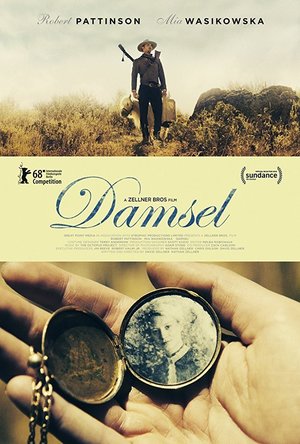
Damsel (2018)
Movie Watch
It’s the age of The Wild West, circa 1870. An affluent pioneer, Samuel Alabaster (Robert...
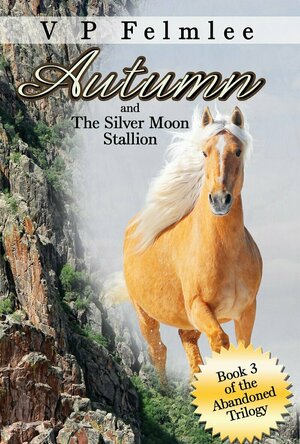
Autumn and the Silver Moon Stallion (The Abandoned Trilogy #3)
Book
An abused, neglected filly is abandoned on a remote country road, left to die. A young woman...
Young Adult Animal Fiction Series
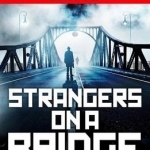
Strangers on a Bridge: The Case of Colonel Abel
Book
The gripping first-hand account of the events that inspired the major film Bridge of Spies,...
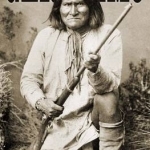
Geronimo
Book
Renowned for ferocity in battle, legendary for an uncanny ability to elude capture, feared for the...
Mike Carlson (115 KP) rated Django (1966) in Movies
Mar 15, 2018
This one is no exception. Our man Django walks into town dragging a coffin behind him. His motives for antagonizing the villainous Major Jackson becomes more clear when the Mexican revolutionaries arrive. It all plays out with everyone adopting what are now stereotypical attitudes for each role. The climax is brief yet memorable.
Casual viewers may avoid this, but film buffs should see it simply for the inspiration it provided to other filmmakers.
